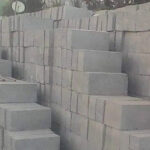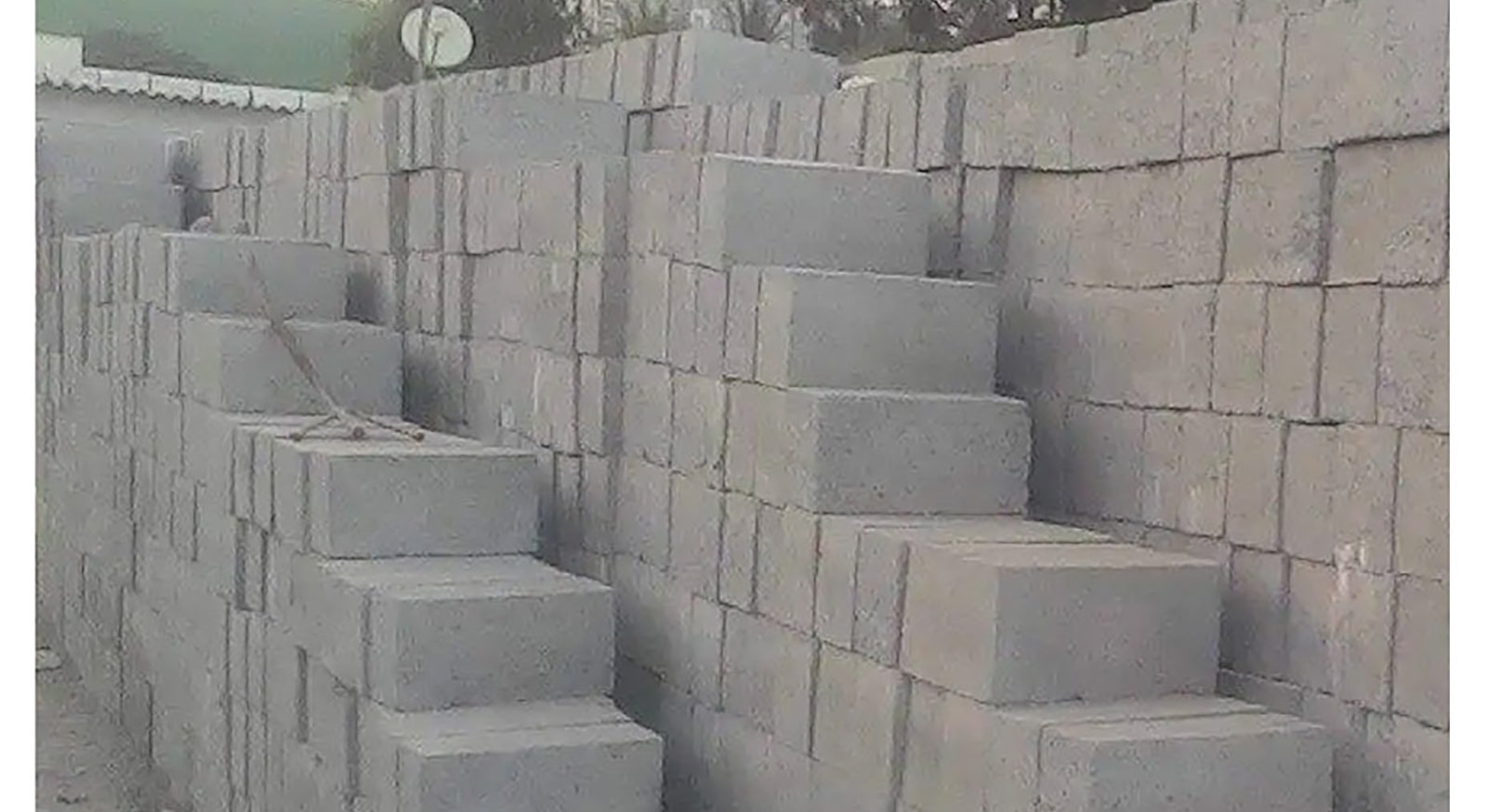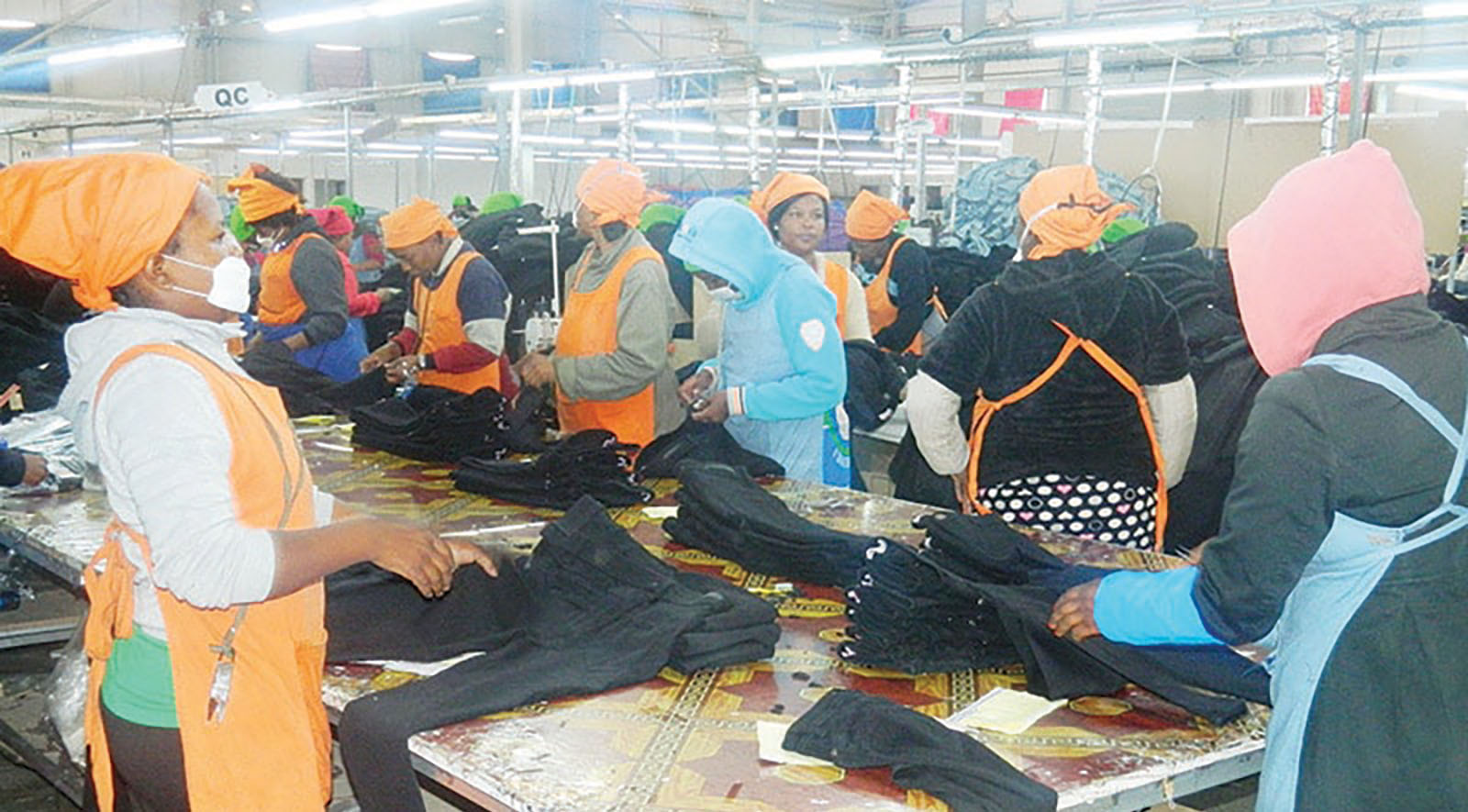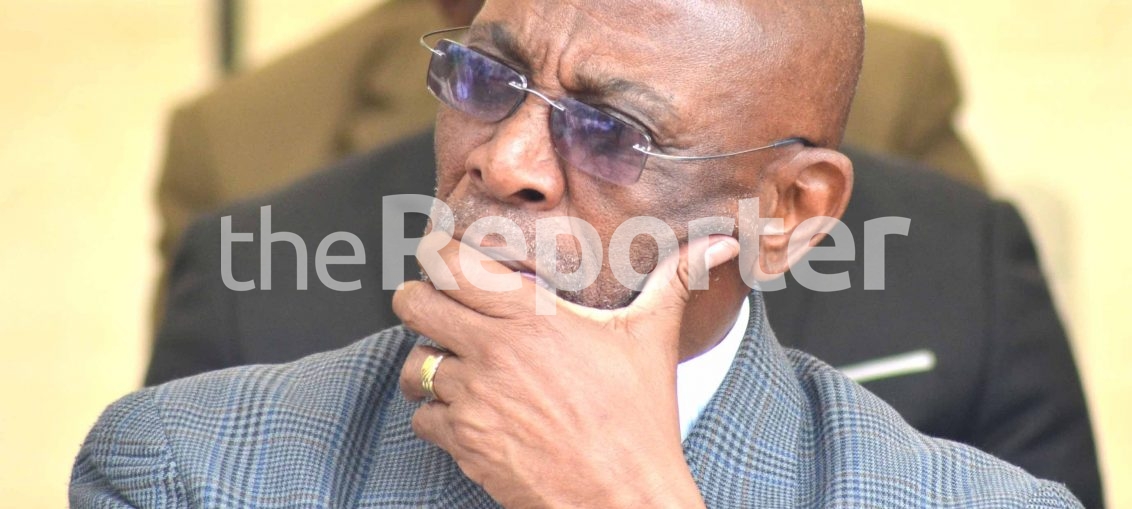Manufacturers cry foul over bricks imports

SHARE THIS PAGE!
The Member of Parliament (MP) for Butha Buthe Constituency, Karabo Pholosa, has called on the government to impose an embargo on the importation of concrete block bricks, to promote local production and economic growth.
According to Pholosa, the move would boost the local brick-making industry and create opportunities for Basotho entrepreneurs to expand their businesses.
He said this would encourage local brick makers to take advantage of the gap for growth.
This would also enable the country to meet its construction demands, he noted.
The MP was scheduled to table this matter in the National Assembly this week but this failed due to a power cut. Pholosa sought to implore parliament to come up with measures to protect the local industry.
He however, told theReporter in an interview on Tuesday that he was concerned that some hardware stores, mostly owned by Pakistan and Indian nationals, purchase block bricks from South Africa instead of supporting local producers.
He argued that thousands of Basotho are capable of manufacturing these and supporting them help reduce reliance on imported goods.
“Our local manufacturers, both small and large, have the capacity and resources to produce quality bricks, but hardware stores often overlook them due to lack of government restrictions on importing bricks from South Africa,” he said.
He also alleged some hardware stores engage in a pricing strategy where they sell imported bricks at lower prices to attract customers, with the intention of making up for the losses through sales of other building materials.
“I have visited local manufacturers who have state-of-the-art machines and resources, producing high-quality bricks that meet international standards. They have the capacity, they have the expertise, and they have the passion to deliver. All they need is a level playing field, and that’s where government support comes in,” Pholosa said.
Some local brick manufacturing companies also shared the challenges they face in competing with imported bricks.
They claimed that they have invested in modern machinery, technology, and skilled labour to produce high-quality bricks that meet local demand.
However, they struggle to compete with cheaper imported bricks, often due to factors such as lack of tariffs, quotas, or other forms of protection for local industries.
The office manager at Ntsapi Transport and Plant Hire, ‘Marethabile Masopha, cited the company’s struggles due to the declining economy and increased competition from hardware stores importing bricks.
This competition is affecting not only the company’s bottom line but also the broader economy and job market, she said.
Masopha further expressed confidence that most local manufacturing companies in Lesotho’s brick-making industry have significantly improved their services.
These companies now utilise up-to-date machinery and high-quality materials to produce superior products, thereby enhancing the competitiveness of local manufacturers, making them viable alternatives to imported bricks.
“I urge the government to take immediate action to protect local industries and support Basotho-owned businesses. The influx of imported bricks is not only harming our company but also threatening the livelihoods of our employees and the national economy,” she noted.
Masopha also called for policies that promote fair competition and give local manufacturers a level playing field.
On this part, the founder and manager of Matebeleng Bricks, Fako Likoti, accused the Ministry of Trade of failing to protect local manufacturers.
Likoti said the ministry’s inaction has allowed imported bricks to flood the local market, undercutting local producers and threatening their businesses.
“Some hardware stores continue to undermine our local economy by importing bricks from Ladybrand and Bethlehem in South Africa, and those in power are turning a blind eye as Basotho businesses crumble under the weight of unfair competition.
“This is happening at a time when our nation is grappling with alarmingly high unemployment, recently declared a national disaster. It’s not just about the businesses; it’s about the livelihoods of our people, the future of our economy, and the very fabric of our society,” he pointed out.
The parliamentary Economic and Development Cluster committee and the Ministry of Trade, Industry and Business Development recently discussed the issue of imported bricks impacting local manufacturers.
When contacted for comment on Wednesday this week, the chairperson of the committee, Sello Hakane, stated that they have not yet reached a decision on the matter.
Hakane’s personal opinion lean towards supporting local brick manufacturers, particularly when it comes to standard brick sizes 6 to 9 inches.
He indicated that regulating the importation of bricks through amending existing regulations would be a significant step towards protecting the Lesotho industry.
By specifying the types of bricks that can be imported, the Ministry of Trade can help ensure that local manufacturers are not unfairly disadvantaged by imported goods.
“Our main problem is the lack of clear standards, which creates confusion and undermines our efforts to protect local industries. The debate still rages on what constitutes a ‘standard’ in the brick industry.
“I urge the Ministry of Trade to take a proactive approach by familiarising itself with local manufacturing companies, studying their capabilities, and understanding their production processes. This will enable the ministry to develop informed policies and regulations that support local industries and promote fair competition,” Hakane advised.
While the government has a role to play in supporting local manufacturing companies, they also need to step up their game and produce high-quality bricks that meet the needs of buyers.
Gaining the trust of buyers is crucial for local manufacturers to thrive in a competitive market, Hakane said.



BEDCO, RSL to train youth entrepreneurs
5 days ago
Sehlabathebe power project to resume
7 days ago
Manufacturers cry foul over bricks imports
8 days ago
Unions to petition Matekane
8 days ago
Adv Phoofolo accorded state funeral
9 days ago
VCL report shows significant growth
11 days ago
Youth activist Masupha to launch book
12 days ago
Teen poet makes literary history
12 days ago